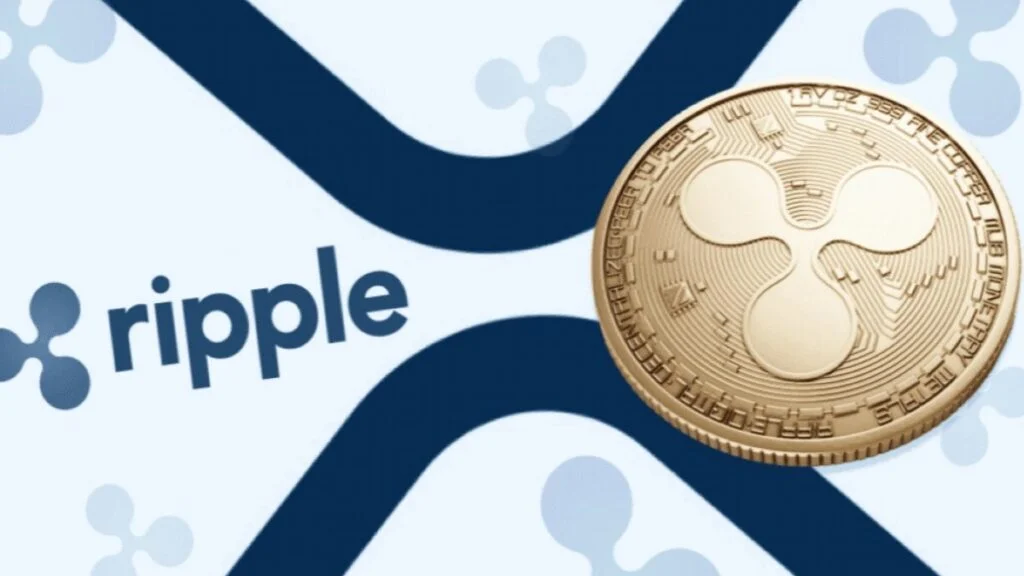Ripple Labs Inc. aims to transform the real estate industry through tokenization, using blockchain technology and digital currencies.

By utilizing Ripple’s CBDC platform, this creative pilot venture intends to give customers the ability to tokenize real estate assets and use them as loan collateral.
The Central Bank Digital Currency (CBDC) advisor at Ripple, Antony Welfare, noted the rising interest in CBDCs and stablecoins worldwide in a tweet on July 7.
He stressed that the Ripple team constantly looks into use cases for stablecoins and CBDCs, focusing on tokenizing real estate assets. Welfare presented a unique use case that integrates the digital Hong Kong dollar (e-HKD), tokenized real estate, and finance lending protocols at a fintech conference in Romania.
By utilizing Ripple’s CBDC platform, this creative pilot venture intends to give customers the ability to tokenize real estate assets and use them as loan collateral.
The fact that Ripple is investigating the tokenization of real estate assets shows that they are aware of the revolutionary potential of the sector. With the help of blockchain technology and virtual currency, Ripple aims to overcome existing challenges and open up brand-new opportunities in the real estate industry.
Successful real estate tokenization attempts will have substantial ramifications, including greater liquidity, a wider market reach, and streamlined transactions, notwithstanding the need to overcome some obstacles.
The intriguing idea of tokenization has gained significant interest and attention from various industries. In this novel method, physical assets like real estate, artwork, and intellectual property are converted into digital tokens and safely kept on the blockchain.
These tokens enable buying, selling, and trading on decentralized platforms as digital representations of ownership or shares in the underlying asset. The ability of tokenization to disrupt established asset ownership and investment paradigms is the source of its growing interest.
Tokenization increases liquidity, accessibility, efficiency, transparency, and security using blockchain technology. Tokenization will likely gain more traction as a significant trend in the financial and asset management industries as more sectors and investors see its benefits and possibilities.
It is crucial to remember that the adoption and execution of tokenization may face legal obstacles and necessitate adherence to regional regulations. As the market develops, security concerns over tokenized assets must be allayed in addition to regulatory considerations.
